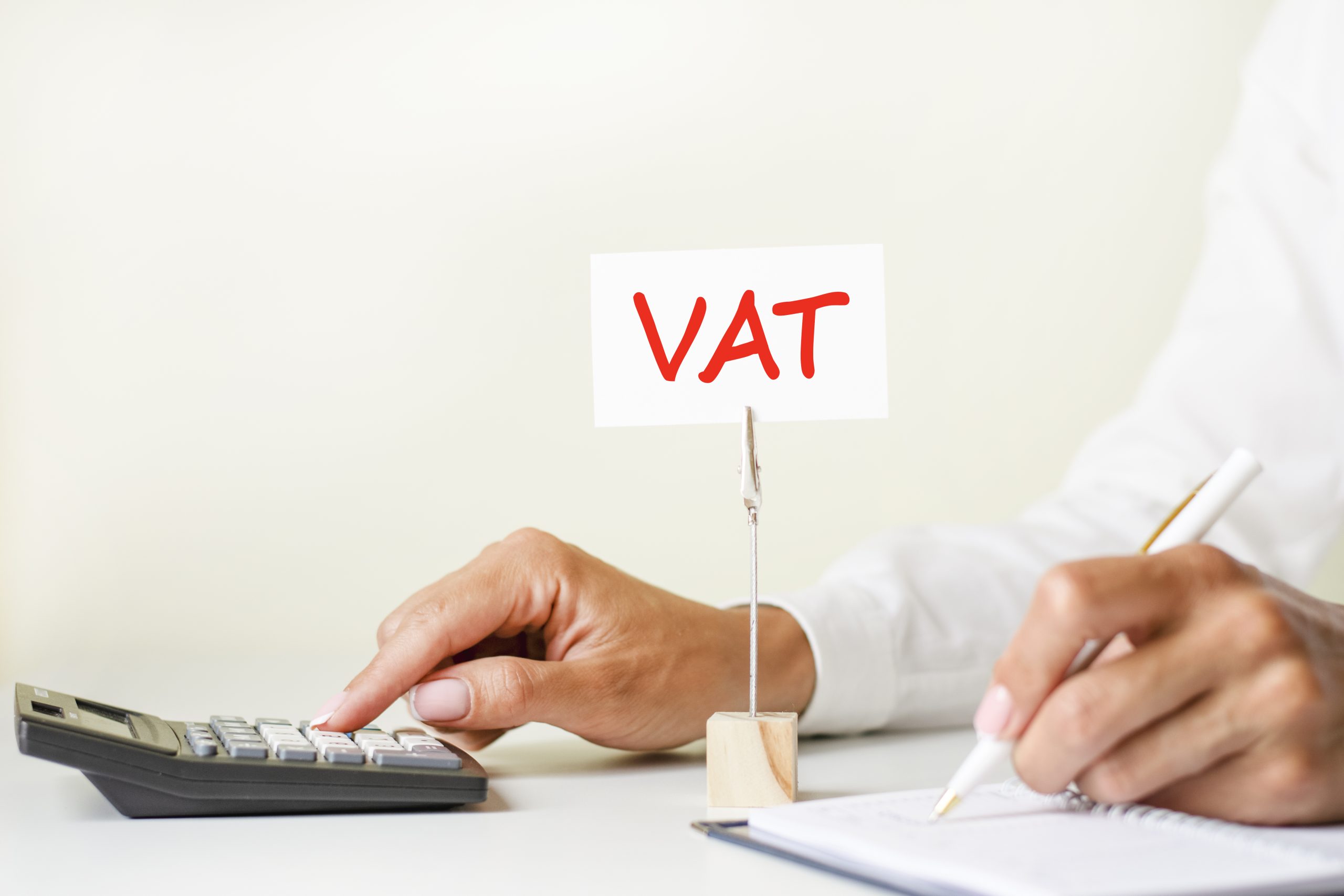By Ricardo Chaves
Understanding capital Gains Tax: A Crucial Step Before Selling Your Property
Understanding the concept of capital gains tax is crucial before you decide to sell your property. A capital gain occurs when you sell something for more than you spent to acquire it. This is not just limited to investments, but also applies to personal property like your home. By knowing what tax you will have to pay and how to reduce this liability, you can make informed decisions about your property sale.
You can’t hide from the tax department.
It’s important to note that any property transaction performed in Portugal must be reported to the Tax Authorities by the notary who executes the deed. This means that when you declare the sale on your tax return, the tax authorities are already aware of it. Failing to include this in your declaration can lead to consequences, so it’s crucial to fulfill your reporting obligations.
It’s mandatory to file a tax return every time you sell a Portuguese property.
Irrespective of your tax domicile, if you sold a property located in Portugal, this means that you need to declare it in your tax return in Portugal. Regardless of whether there was a gain or not, it’s mandatory to make this declaration, which happens normally before June of the year following the sale, in case of individual ownership, or within 30 days after the sale, in case of corporate ownership (nonresident companies without permanent establishment here).
Declaring the sale doesn’t mean you need to pay a tax.
You only pay tax if you have a gain from this transaction, but you always must report the sale on your tax return. If the sale was higher than the purchase, then the difference is a capital gain, and that is reported on your taxes. Please note that the value you paid for the property needs to be adjusted according to the price index coefficient applicable to the year of purchase. This means that the purchase value will increase for the capital gains calculation. Also, some expenses will be included in the tax return and deducted from any gain obtained.
In which cases is your sale tax-exempt?
It is possible to be exempt from tax in certain situations. For example, if the property was acquired before 1989, it’s not liable to any CGT. Nevertheless, taxpayers will still have to declare the transaction. Please note that if you acquired a plot to build before 1989 and sold the plot or the property now, this gain is still liable for tax, as the exemption only applies to properties already finished and with registered purchase prior to 1989.
Expenses allowed to deduct your capital gains.
From the sale of your property, you can deduct the costs incurred with the purchase operation and sale of the property (e.g., IMT and registers on the purchase, real estate commission on the sale, etc.). Taxpayers can also deduct costs incurred in the property over the past twelve years, such as property refurbishments or other money spent to increase the asset’s value, including the cost of the energy certification.
All invoices must be issued properly, with your NIF and the property’s address. It is also important that you realize that each taxpayer is taxed individually; therefore, if the house belongs to you and your partner, but all the costs are in your name, it could mean you have a loss, and your partner has a gain. One loss will not offset against your partner’s loss, even if you file jointly. So, it’s important to ask for two invoices in the name of each partner when possible.
Residents’ vs Non-resident’s individual ownership: the capital gains are taxed the same
If you are a non-resident for tax purposes, the tax on your capital gains is calculated the same way as if you were a tax resident. Since 2023, capital gains tax on properties owned by non-resident individuals is now levied on 50% of the gain and taxed per the progressive tax rates. Please note that in this case, the tax authorities will require information on your worldwide income to determine your tax bracket. Even if you are in the highest bracket, 48% for incomes above 83.696€, you are effectively paying 24% as you pay 48% on half of the gain.
Please note that even when a non-resident is taxed under the same rules as a resident, as this is not his primary residence, the gains cannot be rolled over if he buys another property. This will only be available for those residents who sell their main residence and buy another property that will be their main residence.
It’s important to emphasize that if your property was registered as an AL business in the 3 years before the sale, then the capital gains tax continues to be levied on 95% of the gain, instead of 50% of the gain.
Important new rules for property reinvestment!
If you are a resident and this is your primary residence, you can reinvest the sale proceeds on another purchase within the EU. This needs to be done on a purchase made between 24 months prior and 36 months after the sale. If the reinvestment in the new property is lower than the total sale, the tax will be calculated pro rata.
Please note that what changed is that the property is only considered your main residency, if this was your registered address during the last 12 months prior to the sale. And reinvestment is only allowed if you haven’t rented the property or part of it during these last 12 months.
If you do not wish to reinvest in another property, please note that you can reinvest in a financial product. Provided that the taxpayer is demonstrably in retirement or has 65 years of age, he can choose to purchase an insurance contract or an individual membership of an open pension fund or contribution to the publicly funded scheme. To make this possible, the purchase of this product must be made within six months of the date of sale of the property.
There is no benefit for excluding capital gains tax if the reinvestment is not made within the referred six-month period, or if, in any year, the value of the benefits received exceeds the limit of 7.5% of the invested amount. Both reinvestment options can be done together, partially in a new property or an insurance contract.
Please note that if you fail to meet the reinvestment declared on your tax return or reinvest a lower amount, the tax will be re-assessed, and you will pay interest.
Even if you do not plan to sell your home for now, it is important that you keep all supporting charges and make sure the invoices include your name, fiscal number, and, very importantly, the correct address of the property. The repayment of mortgage loans incurred to purchase the property will also be taken into consideration when calculating the tax return.
If you have any questions about how capital gains tax applies to your property sale or if you need assistance with tax planning and compliance, our expert team is here to help.
Feel free to contact us at info@afm.tax or call +351 281 029 059 for personalized support.



